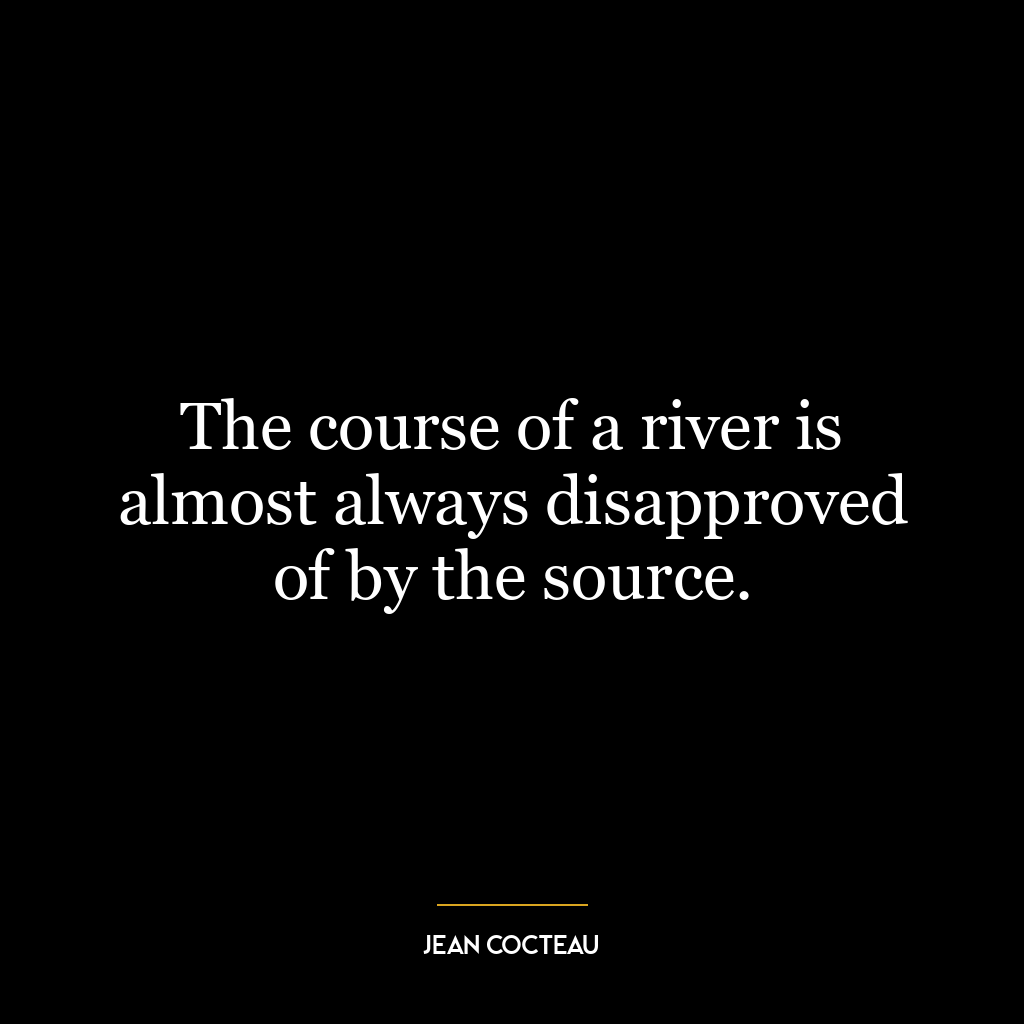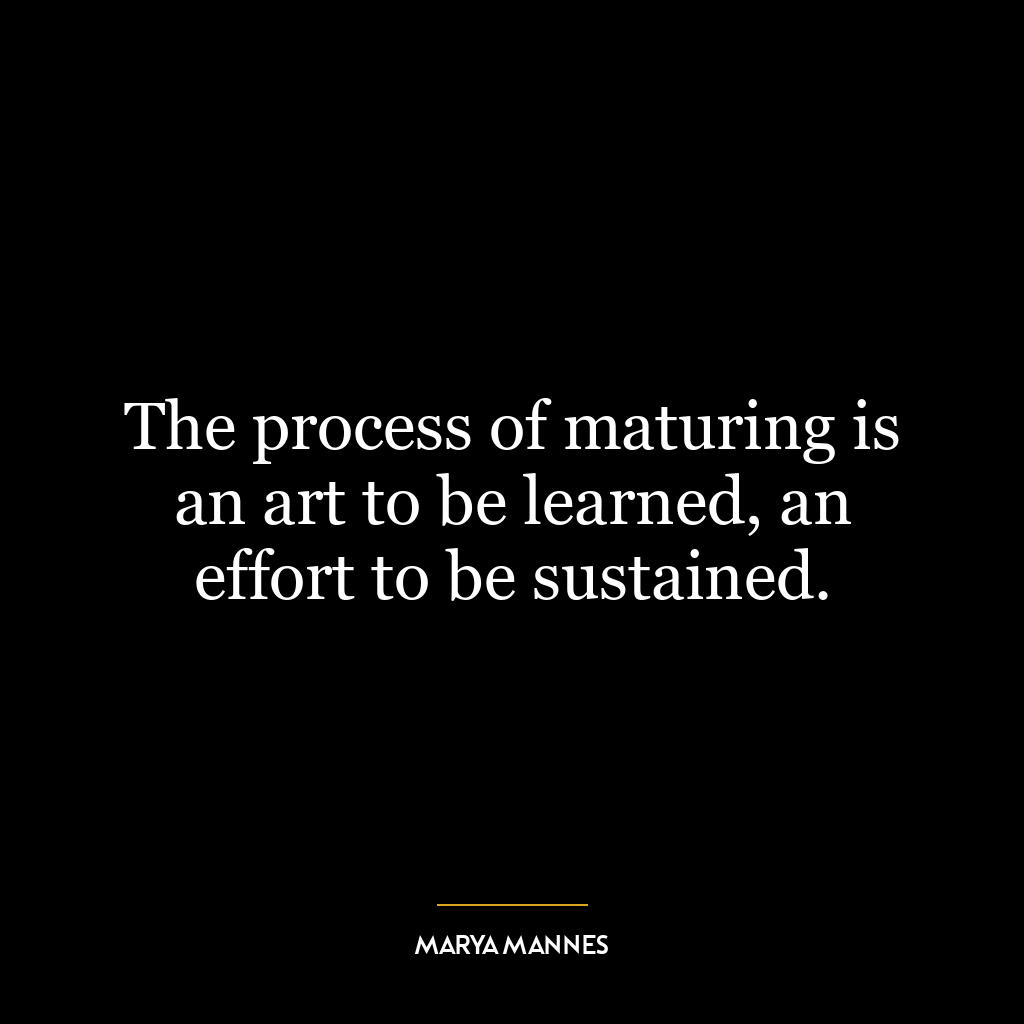This quote is a metaphorical reflection on the power and potential of the human mind. It likens the mind to a fertile garden, where whatever is planted—be it flowers or weeds—will grow. In this analogy, the flowers and weeds represent positive and negative thoughts, behaviors, and experiences respectively.
The quote emphasizes that our mind is a fertile ground, always ready to nurture and grow what is sowed into it. If we plant seeds of positivity, optimism, and constructive ideas, like flowers, they will bloom into beautiful outcomes. Conversely, if we allow negativity, pessimism, and destructive thoughts, like weeds, they will proliferate and could potentially overrun the garden of our mind.
In terms of personal development, this quote underlines the importance of self-awareness and conscious thought. It encourages us to be mindful of what we ‘plant’ in our minds. If we want to flourish and grow positively, we must be diligent gardeners of our minds, carefully selecting the seeds we plant, nurturing them with attention and care, and diligently uprooting any weeds that threaten to choke our growth.
In today’s world, this idea is particularly relevant given the constant bombardment of information and influences we face. From social media feeds to news cycles, we are constantly exposed to a torrent of ‘seeds’ that could potentially take root in our minds. Being discerning about the information we consume, the thoughts we entertain, and the attitudes we adopt is crucial in ensuring that our mental garden remains a place of growth and beauty, rather than a patch overrun with weeds.
Moreover, this quote also highlights the importance of mental health. Just as a neglected garden can become overgrown with weeds, a mind filled with negative thoughts can lead to mental health issues. Therefore, it’s important to regularly ‘tend’ to our mental garden, practicing mindfulness, positivity, and self-care to ensure our minds remain healthy and vibrant.













